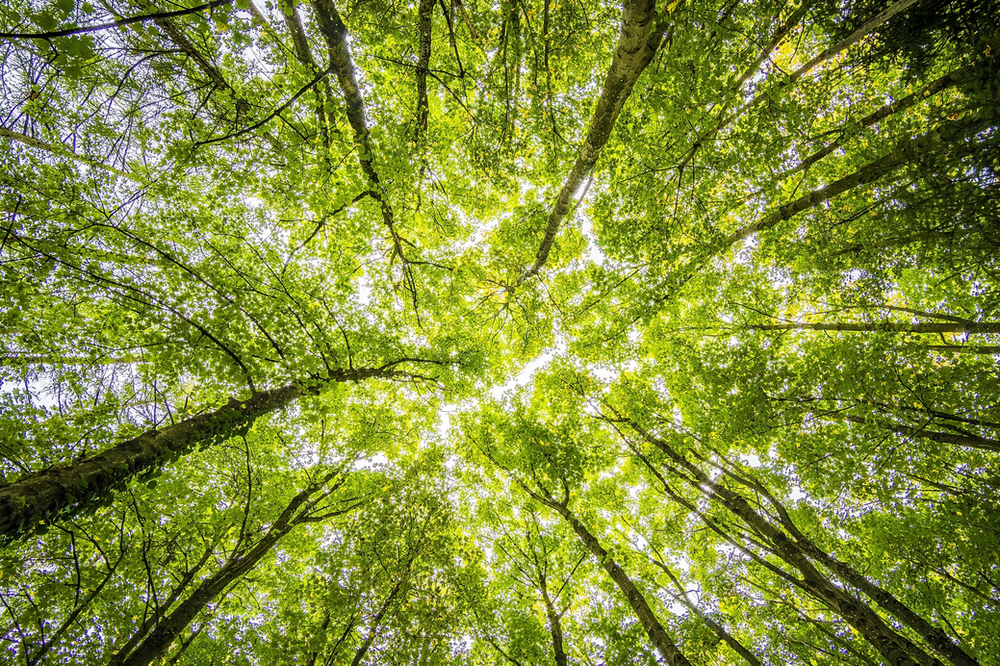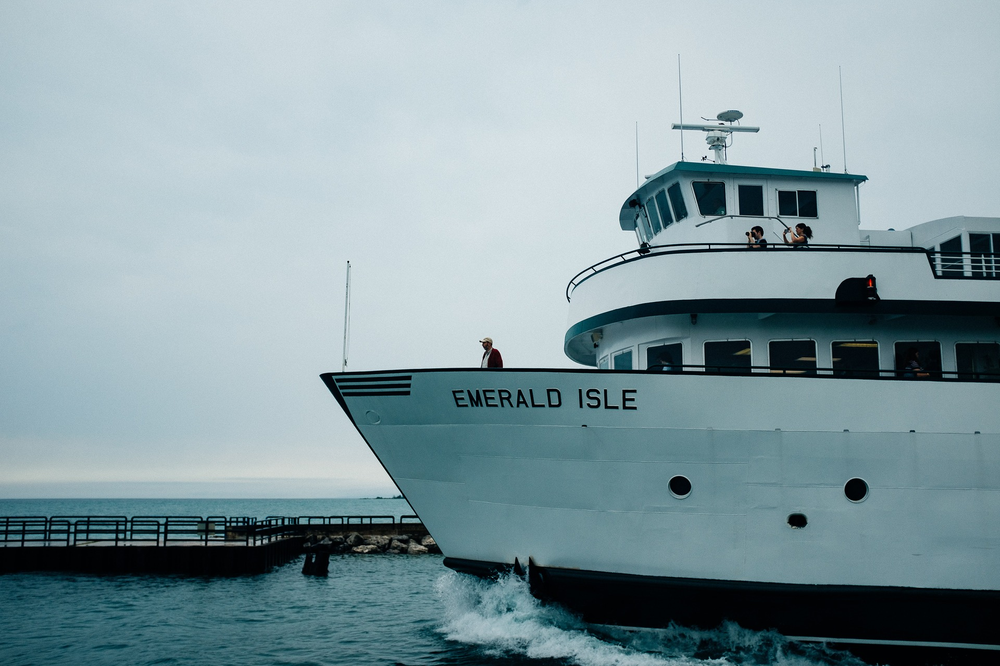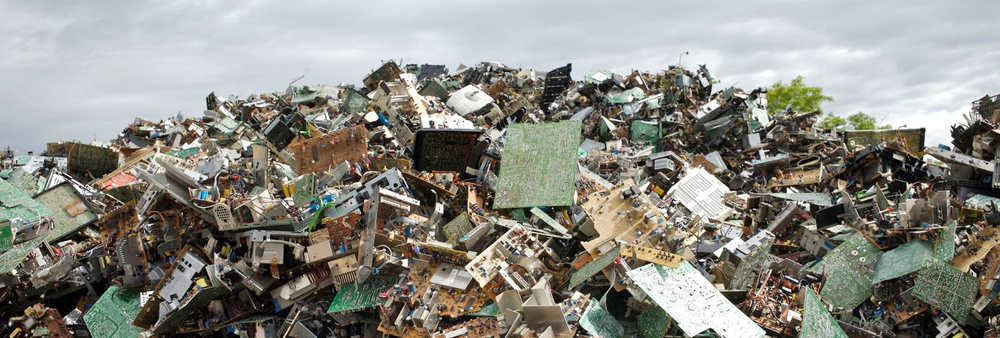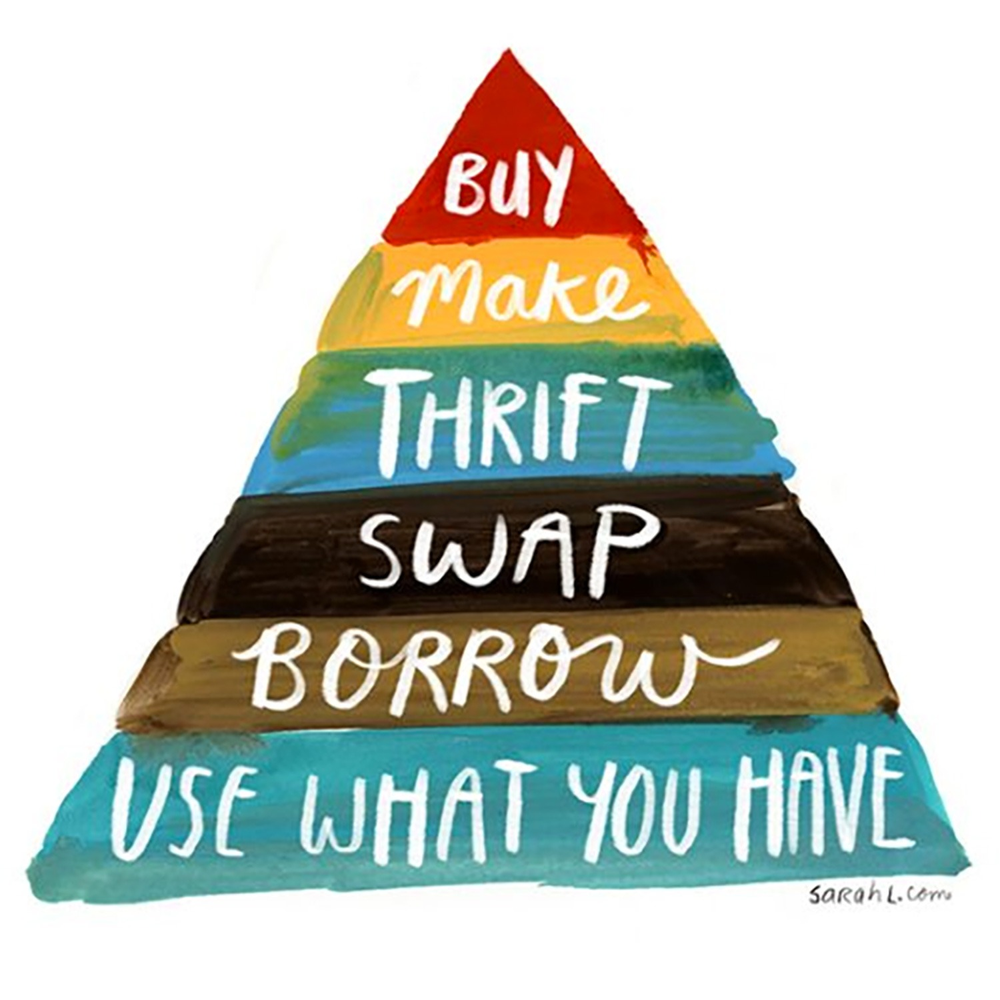3rd October, 2023 • 6 minutes

Written by admin
7th September, 2020 • 4 min

The UK is committed by law to be zero carbon by 2050. So, if we want our businesses to thrive long-term, we need to start taking our carbon footprint seriously. In the coming years there will be increasing scrutiny on businesses to demonstrate what they are doing to reduce their impact.
Environmental issues are also at the forefront of the minds of those choosing where they want to work. According to a 2015 study, 62% of millennial’s would take a pay cut to work for an environmentally and socially responsible company.
More individuals than ever are deciding who they buy from, who they partner with and who they work for based on their approach to the environment.
Many businesses have responded to this. For example, Microsoft has pledged to be carbon negative by 2030, Quorn are labelling all their products with their carbon footprint and encouraging other food suppliers to follow suit, whilst Allbirds sustainable footwear are the first fashion brand to do the same for their trainers.
There are many ways to reduce your company’s environmental impact. At Higson, we have adopted these seven key strategies to reduce our impact:
1. Embed sustainability as a core value
To create a meaningful and lasting impact sustainability needs to be one of your company’s core values and there has to be accountability at the top.
At Higson one of our eight values is to inspire sustainable workplaces and our annual goals are aligned to this. Augusta, our CEO, leads from the front with taking our carbon footprint seriously, raising awareness of environmental issues and holding the team accountable.
2. Support charities that are making a difference
We are proud partners of Cool Earth. Cool Earth tackles climate change through protecting rainforests and halting deforestation across the world. In our unique partnership with Cool Earth, Higson donates 15% of all profits and delivers free training workshops to grow and develop the Cool Earth team. Cool Earth are experts at protecting our planet and we believe supporting the experts is the best way to have a real impact.
3. Ensure sustainable travel
At Higson almost all our interactions used to be face to face. Covid-19 has led us all to question the need to travel and what we have found, like many other companies, is that video calls are just as (and sometimes more) effective as face to face communications.
So we will continue to focus on how much and how we travel, as this is a major source of carbon emissions for small businesses.
We now use these prompting questions to decide our travel choices:
4. Commit to giving sustainable holiday travel
Travelling to Marseilles, France takes 9 hours by train or 2 hours by plane. If you have limited holiday you are going to pick the quickest route to maximise your holiday days. At Higson we have a sustainable holiday policy. We encourage the team to take the lowest carbon route, (the train in this example) and give extra holiday days for the travel time. The team can take the longer but lower carbon route and enjoy watching the French countryside roll past!
Augusta leads by example with this, visiting her family in Dublin by taking the train and ferry. A full day’s travel rather than a quick flight but she always has beautiful pictures and stories to tell from each journey.

5. Be conscious about consumption
Too often businesses buy a new laptop or phone for their employees without considering good ones they have, which may need just a little TLC to work as good as new. Globally we are producing 300 million computers and 1 billion phones every single year. According to the Environmental Protection Agency only 38% of computers get recycled.

At Higson we are conscious about our consumption, from electronics to coffee cups. Each person in the team has their own reusable water bottle, coffee cup and food box. Our team lunches involve visiting places that will fill your own box or eat-in rather than using single-use packaging. Every purchasing decision follows the buyerarchy of needs, starting at the bottom of the triangle with “use what you have…”

6. Give sustainable rewards
We have a team holiday every year if we, as a team, hit our goals. We plan this holiday to be as sustainable as possible and we go by train instead of flying – whether that be a seaside holiday to Broadstairs or Cromer, a city break to Oxford or perhaps a Eurostar to France or Belgium!
7. Have a monthly sustainability knowledge sharing chat
We have a monthly sustainability chat to share recent environmental news and top environmental tips for our personal life away from work. A meeting might include:
The book The Sustainableish guide has some great ideas for individuals to reduce their impact.
If you would like to hear more about Higson’s implementation strategy or process of becoming more environmentally conscious, then get in touch here. We would be very happy to speak to you about our experience and share other ways we are trying to work towards a sustainable future at Higson.